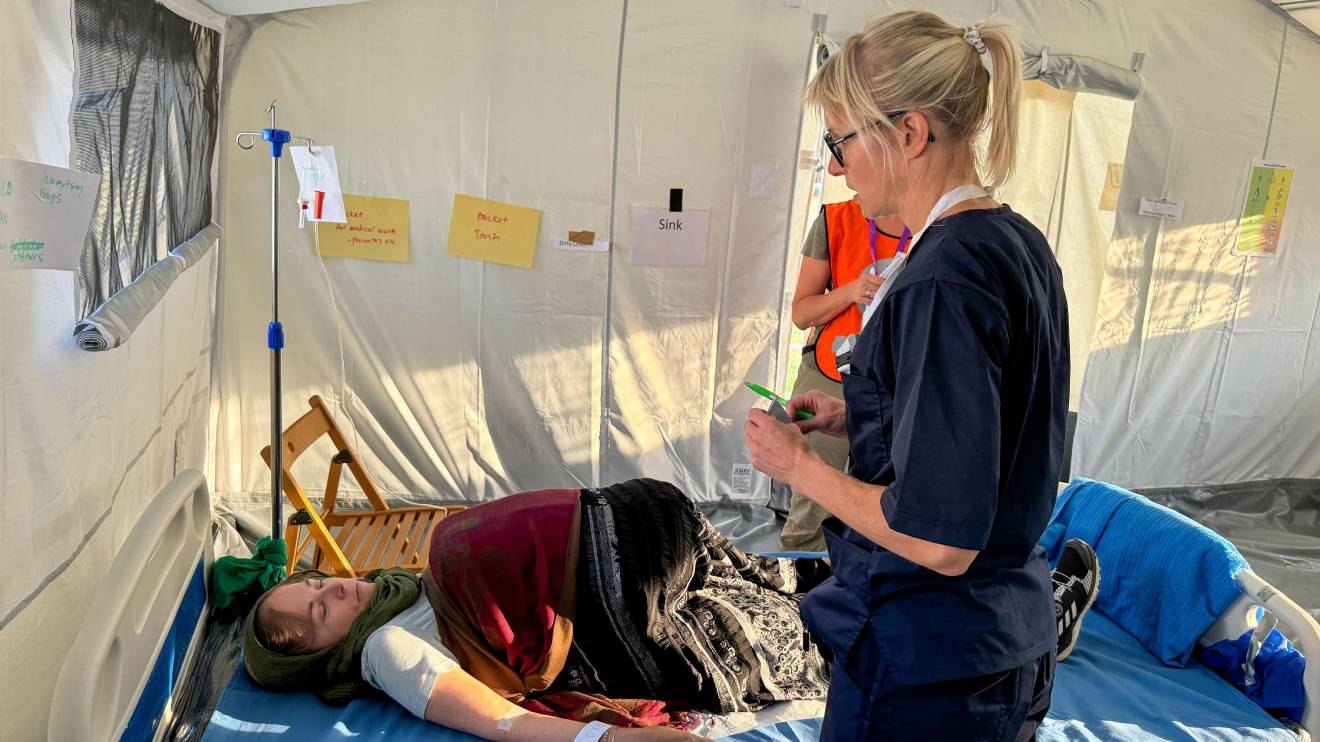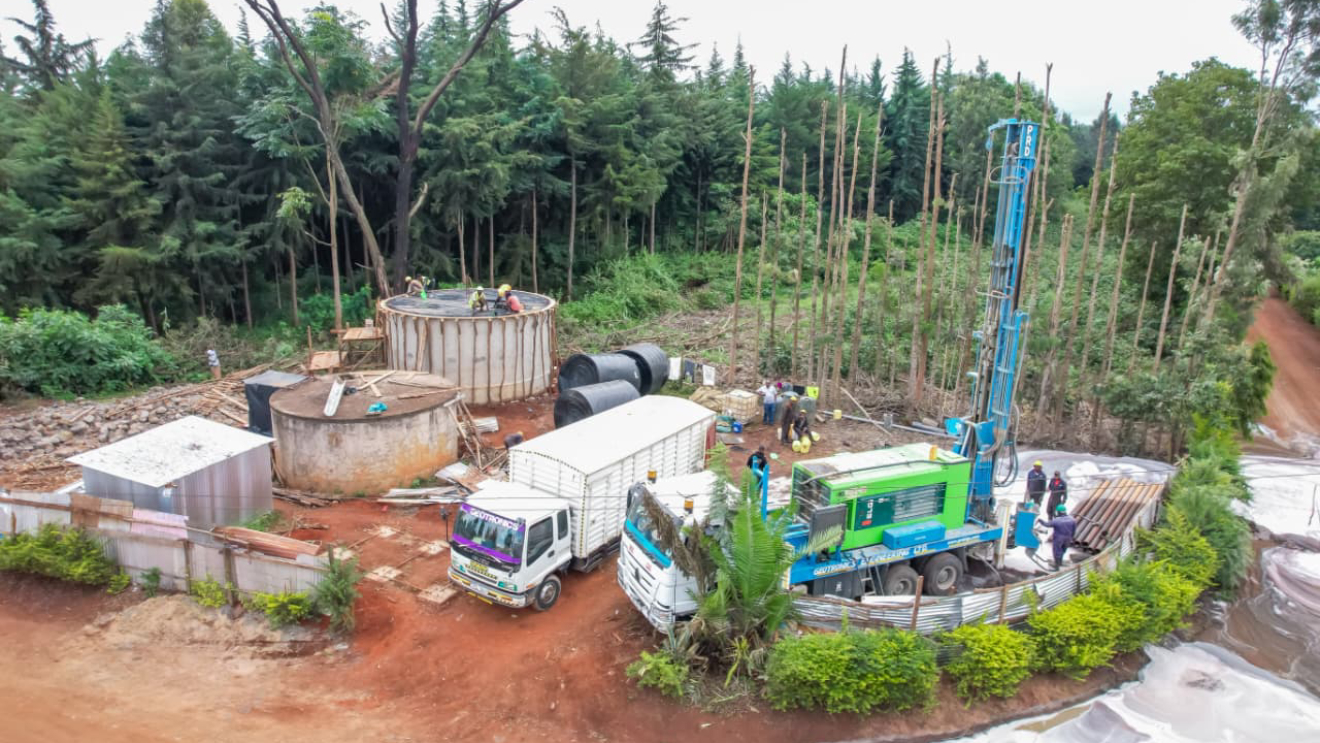Nairobi has once again played host to a vital collaborative emergency hospital training, aimed at improving the rapid deployment of medical facilities to crisis-hit regions across the globe.
This joint simulation program, organised by the International Committee of the Red Cross (ICRC) and the Norwegian Red Cross (NRC), is designed to enhance preparedness for emergencies such as conflicts and disasters.
The joint training, which marks its second session in Nairobi, focuses on developing emergency hospital facilities capable of being deployed within 96 hours of a crisis.
These facilities are fully equipped with life-saving supplies, medications, and an experienced team, ready to provide critical healthcare services in areas where medical aid is often scarce or unavailable.
The training provides healthcare professionals from Red Cross Societies around the world with realistic simulations to ensure they are ready to respond swiftly and effectively to global emergencies.
Read More
Cristiana Scano, acting Head of Delegation for the ICRC in Nairobi, underscored the importance of readiness in the face of global uncertainties.
She stated, "With the ever-changing dynamics of the world in relation to disasters and conflict, it is crucial to always have the capability to respond to any emergencies that may arise from such situations, and this is why these trainings are important for readiness."
The ICRC plays a pivotal role in facilitating these deployments, offering logistical support to rapidly move medical equipment to critical locations.
Supplies are often transported via chartered flights and long-haul trucks, ensuring swift delivery to affected regions.
In addition to providing this logistical support, the ICRC ensures that the necessary medical equipment is readily available and delivered as quickly as possible to crisis zones.
Norwegian Red Cross hospitals have already been partially deployed to several high-risk areas, including Ethiopia, Sudan, Chad, and through Amman to Gaza.
These efforts have significantly helped alleviate the suffering of those facing life-threatening risks in these regions.
The total cost of deploying these emergency hospitals exceeds Sh600 million, with more than Sh400 million allocated for procuring the necessary medical equipment.
As the world continues to witness rising conflicts and humanitarian crises, these initiatives ensure that life-saving medical assistance reaches those who need it most, providing a lifeline for affected communities.












